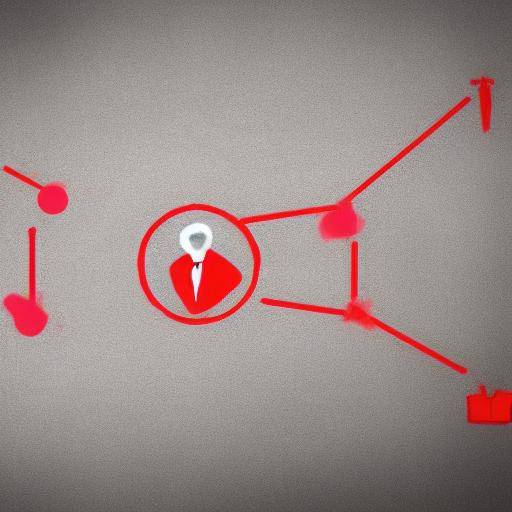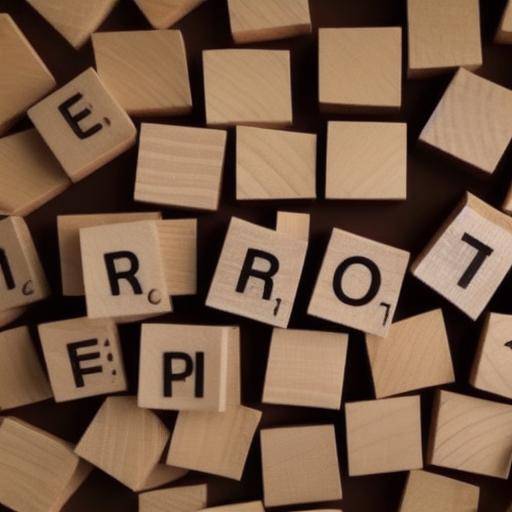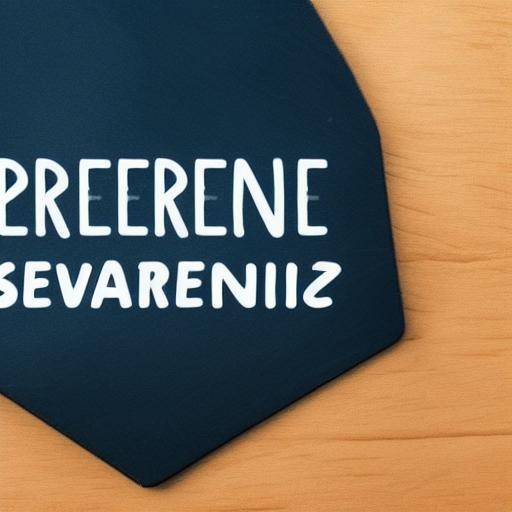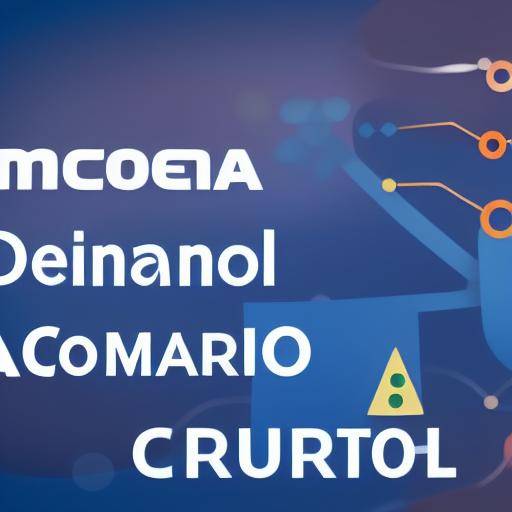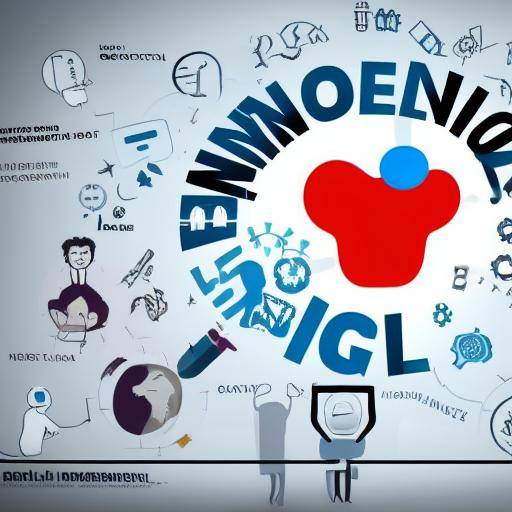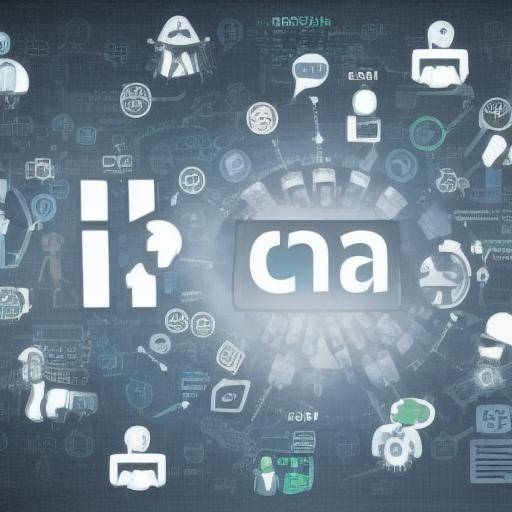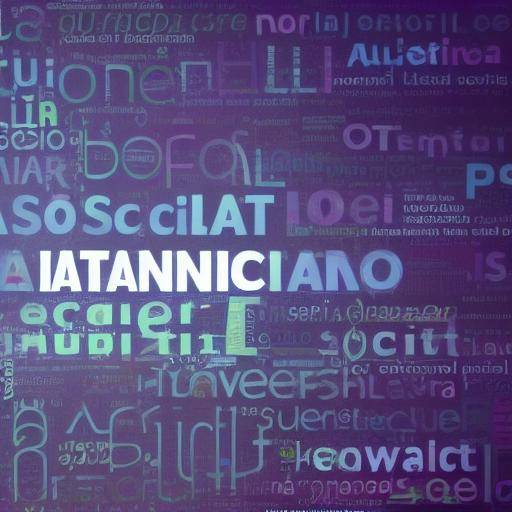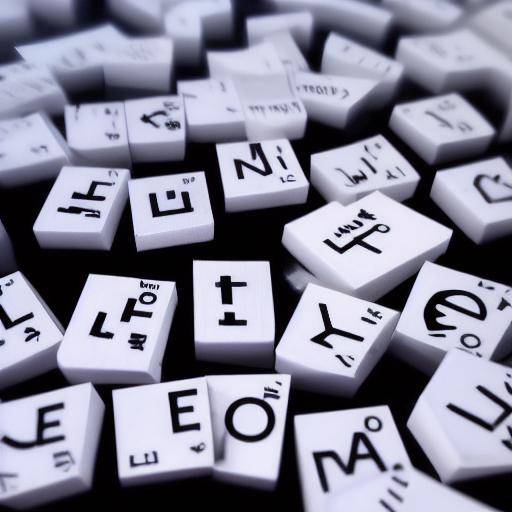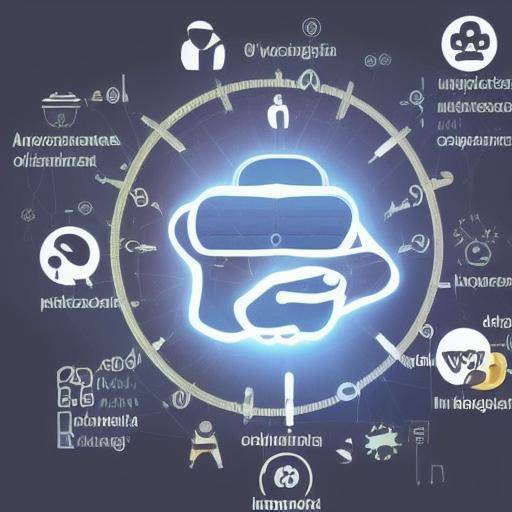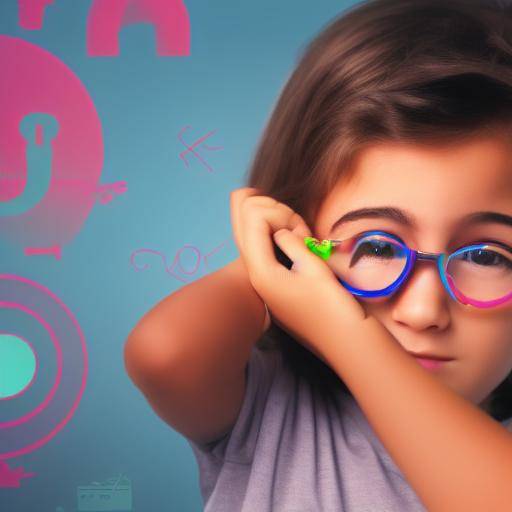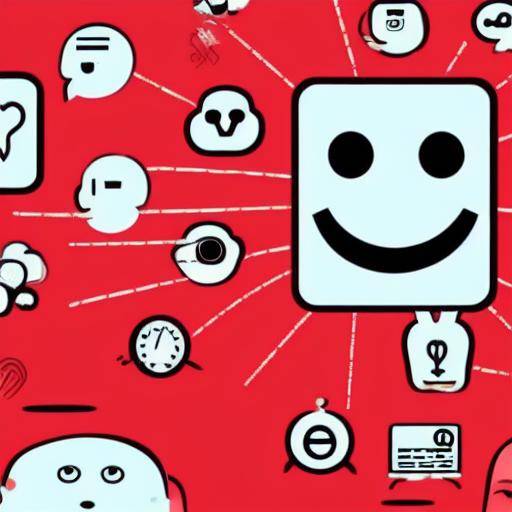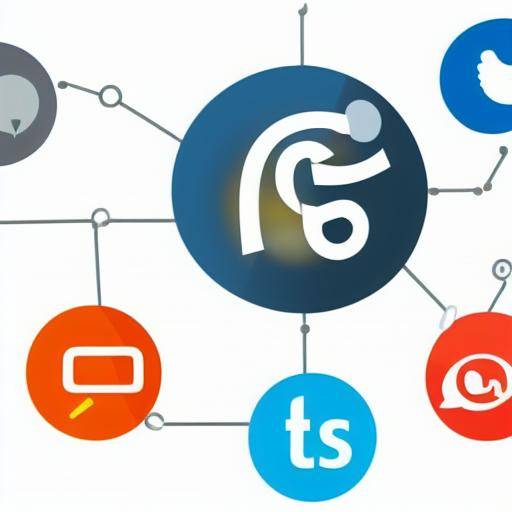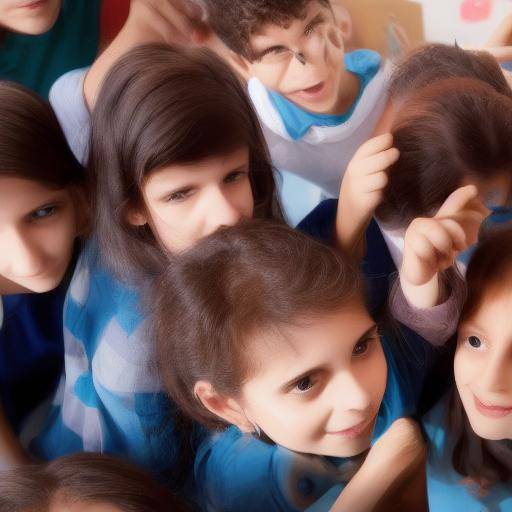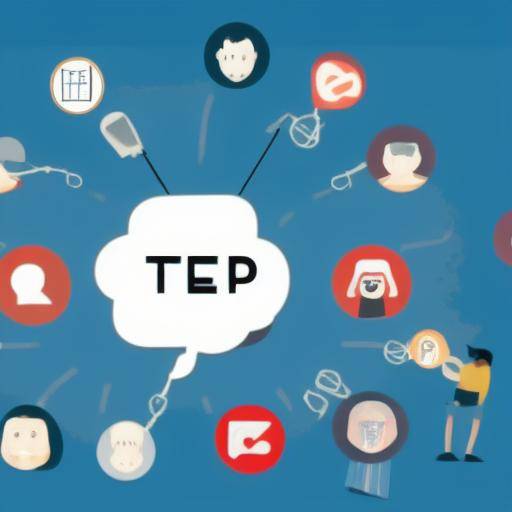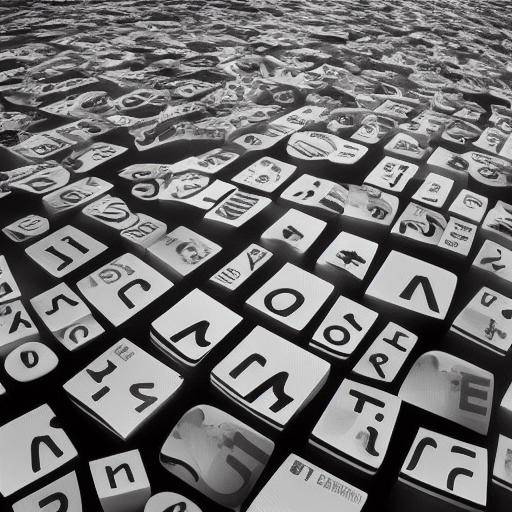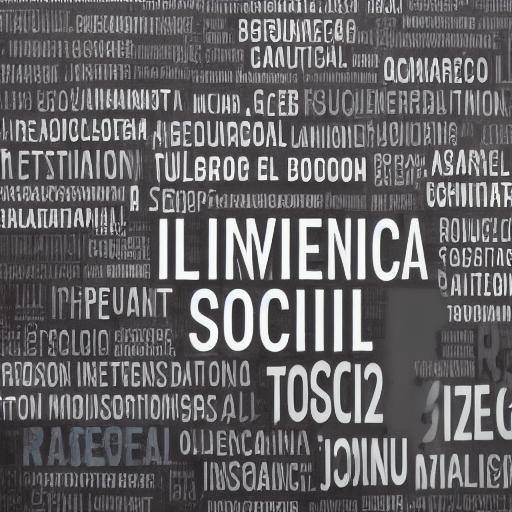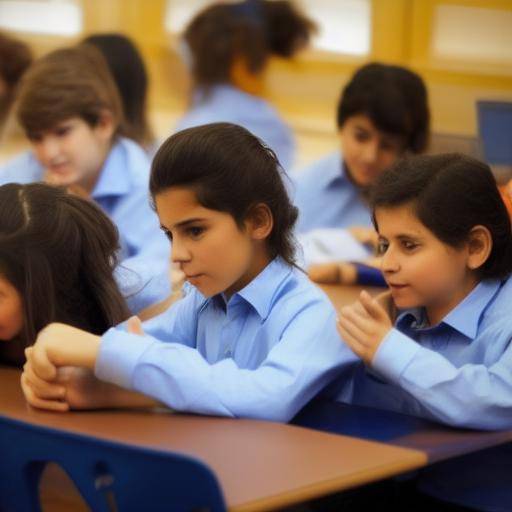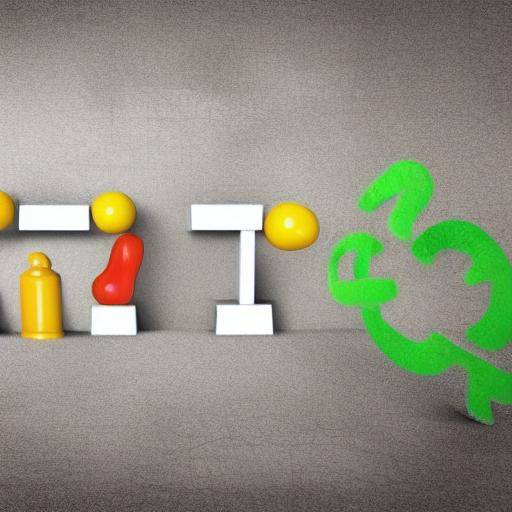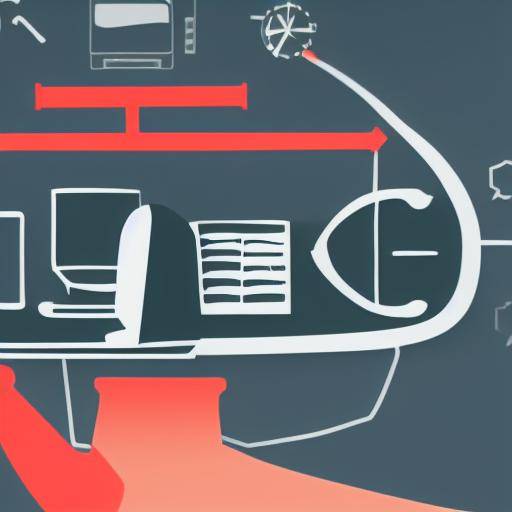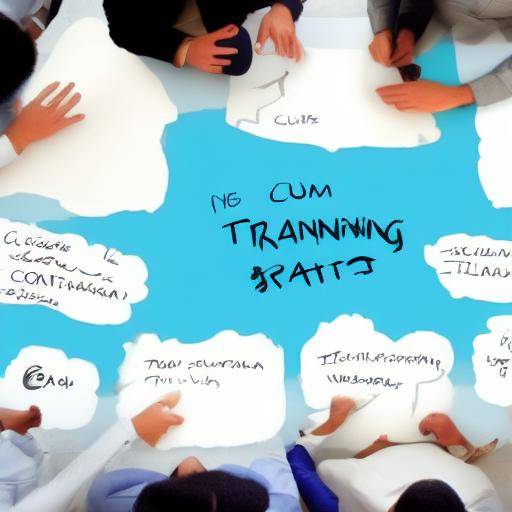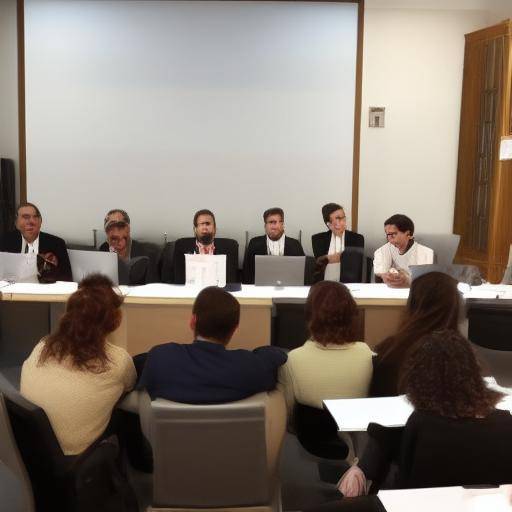
Introduction
In today ' s society, the ability to resolve conflicts effectively is vital to personal and professional success. The ability to manage conflictive situations positively not only strengthens interpersonal relationships, but also promotes the development of social intelligence. In this article, we will explore in detail the importance of developing conflict resolution skills, their impact on social intelligence and how this connection influences personal success. We will also highlight practical strategies to improve these skills and provide valuable information backed by field experts.
History and Background
Conflict resolution has been crucial since time immemorial. From ancient civilizations to complex modern environments, dispute management has played a significant role in shaping human societies and relationships. Throughout history, various forms of conflict resolution have been used, from negotiation and mediation to arbitration and diplomacy.
In exploring the historical roots of conflict resolution, we find that diverse cultures have contributed with unique methods and approaches to addressing interpersonal challenges. For example, in ancient Greece, the "Mayéutica" technique was promoted, a democratic method of dialogue that sought truth through questioning and reasoning. This philosophical approach led to critical reflection and deep understanding of divergent views.
Deep analysis
Looking at the current picture, it is clear that the dominance of conflict resolution skills not only impacts personal interactions, but also influences the social intelligence of an individual. Social intelligence refers to the ability to understand and manage one's own and other emotions, exhibit empathy, maintain healthy relationships and make informed decisions in social settings.
People with high social intelligence are able to navigate skillfully through conflicting situations, foster collaboration and promote an environment of mutual respect and understanding. This skill is essential in the field of work, academics and everyday life, as it strengthens social cohesion, effective leadership and emotional well-being.
The development of social intelligence through conflict resolution has significant advantages in terms of personal satisfaction, performance and lasting relationships. Studies show that individuals with high levels of social intelligence are more likely to achieve success in their undertakings, as they have the ability to understand group dynamics, anticipate the needs of others and communicate effectively in challenging conditions.
Exhaustive examination
In a constantly changing world, it is essential to understand the practical applicability of these skills. The resolution of effective conflicts and the development of social intelligence are not just abstract theories; they represent an essential part of personal and professional success. Modern companies increasingly value and promote collaborative working environments, where fluid dialogue, conflict management and empathy are key to collective progress.
In addition, in educational settings, these skills are fundamental to fostering a positive learning climate, helping students develop a sense of community, emotional self-management and effective cooperation. Also, in the family, conflict resolution and social intelligence strengthen emotional ties, foster mutual understanding and create harmonious home environments.
Comparative analysis
To better understand the importance of conflict resolution and social intelligence, it is crucial to analyze the similarities and differences between these concepts. Both aspects share the premise of fostering harmony and mutual understanding, however, conflict resolution focuses on managing disagreement, while social intelligence encompasses a broader spectrum that includes emotional understanding, empathy and the ability to establish meaningful connections with others.
However, it is important to emphasize that both skills complement each other. The ability to resolve conflicts effectively contributes to the development of social intelligence by fostering empathy, understanding of the needs of others and the ability to communicate assertively in challenging situations.
Practical Tips and Accessible Tips
Here we present practical advice to promote the development of conflict resolution skills and strengthen social intelligence:
- Practice active listening: Give genuine attention to the concerns and perspectives of others.
- It promotes empathy: Try to understand the feelings and emotions of people involved in the conflict.
- Cultivate effective communication: Clearly express your views and seek collaborative solutions.
- Learn how to manage stress: Develop techniques to manage your emotions and stay calm in tense situations.
- Promote collaboration: Find solutions in which all those involved feel heard and valued.
Industry Information and Opinion of Experts
Experts in the field of emotional intelligence and conflict management point out that the combination of these skills is essential to success both individually and collectively. Howard Gardner, a psychologist and professor at Harvard University, highlights the importance of interpersonal intelligence, a crucial aspect of social intelligence, to thrive in increasingly interconnected working and social environments. In addition, renowned business leaders emphasize that the ability to lead confrontations constructively is essential to boost innovation and organizational growth.
Case Studies and Real Life Applications
The impact of the resolution of effective conflicts and the development of social intelligence is evident in many real-life scenarios. In educational settings, teachers trained in mediation techniques have succeeded in reducing school violence and in generating safer and more conducive learning environments. Similarly, in business, organizations that promote diversity and inclusion through soft skills development programs have reached higher levels of customer satisfaction and a healthier working environment.
Future Trends and Predictions
Given the growing global interdependence and cultural diversity, it is hoped that the development of conflict resolution skills and social intelligence will be critical to future success. With the evolution of labour force and social dynamics, enterprises and educational institutions will prioritize training in interpersonal competencies and conflict management as fundamental resources for innovation, productivity and community cohesion.
Conclusion
In short, the development of conflict resolution skills and social intelligence directly impacts on personal and professional success. By improving the capacity to address conflict situations in a constructive manner, an enabling environment for teamwork, collaboration and personal growth is encouraged. The mastery of these skills not only enriches interpersonal relationships, but also promotes social and organizational progress.
Developing conflict resolution skills and strengthening social intelligence is a path to success and personal realization!
Frequently asked questions
Why is it important to develop conflict resolution skills?
The development of conflict resolution skills is crucial because it allows people to effectively address disputes and disagreements, fostering harmony and mutual understanding in personal, labour and community settings.
How does social intelligence affect success in the workplace?
Social intelligence influences work success by strengthening collaboration capacity, emotional management and the quality of interpersonal relationships. People with high social intelligence are more likely to lead teams effectively, communicate assertively and generate a positive working environment.
What strategies can be used to improve social intelligence?
To improve social intelligence, it is essential to practice empathy, develop active listening, foster collaboration and seek opportunities to understand the emotions and perspectives of others. Continuous learning about social dynamics and self-knowledge also contribute to the development of social intelligence.
What is the impact of emotional intelligence on conflict resolution?
Emotional intelligence influences conflict resolution by facilitating the management of their own and other emotions, which favours a more compassionate and reflective approach to address disagreements. The ability to understand and regulate emotions is fundamental to effectively manage conflicting situations.
Can conflict resolution skills and social intelligence be applied in family settings?
Yes, both conflict resolution and social intelligence are relevant in family environments. These skills promote effective communication, empathy and family harmony. The development of these competencies can strengthen family relationships and create a healthier home environment.
What impact do conflict resolution skills have on emotional well-being?
Conflict resolution skills are closely linked to emotional well-being, as they enable constructive conflict management, reducing stress and anxiety associated with unresolved disagreements. The ability to find mutually beneficial solutions significantly contributes to emotional well-being.
What are the current trends in conflict resolution skills training in educational settings?
Current trends in conflict resolution skills training in educational settings include a holistic approach that integrates emotional management, mediation and the promotion of empathy. Educational institutions are implementing social skills development programmes to foster a more harmonious and learning-friendly school climate.
With the understanding and development of these skills, people can advance towards a more meaningful personal and professional success. The development of conflict resolution skills and social intelligence are essential to confront the challenges of the current world and build meaningful relationships in all aspects of life.
This article has provided a comprehensive and detailed view on the interconnection between conflict resolution, social intelligence and personal success, offering valuable practical strategies supported by experts on the subject.






